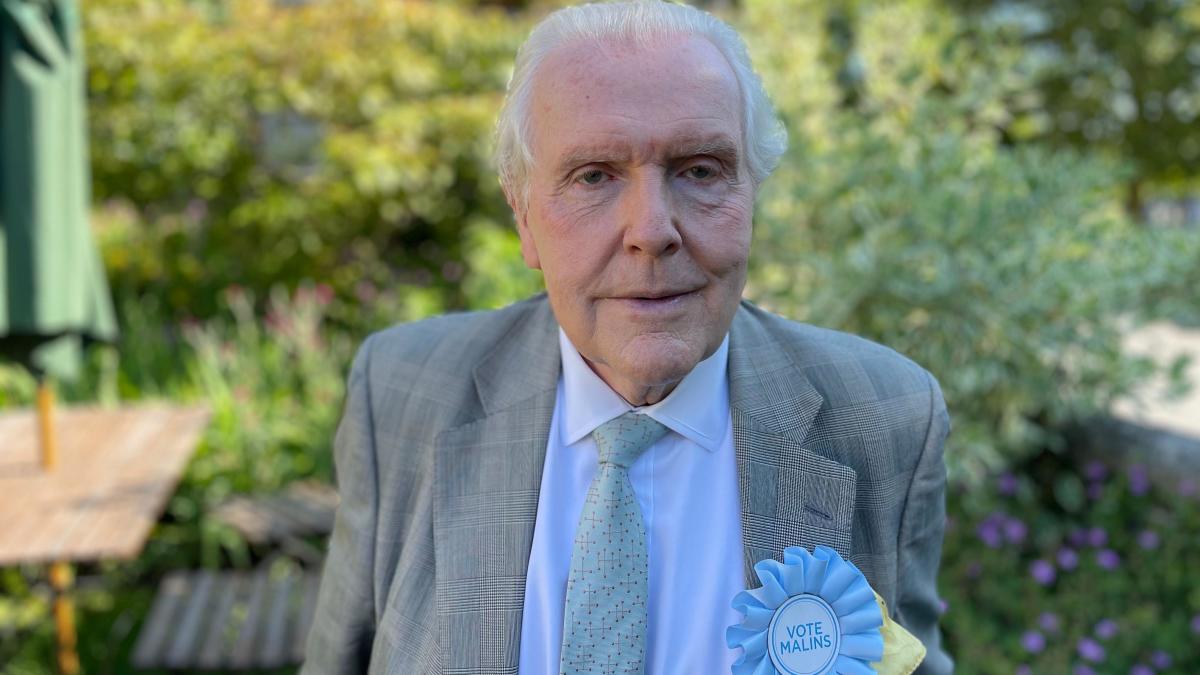When various gene mutations occur in blood stem cells, they induce them to progressively expand in size over time, something which biologists have dubbed clonal hematopoiesis. This is very rare in the young but more common in older people, and it can have two major consequences. The first is an increased risk of blood cancers, and the second is to alter the function of various immune cells such as monocytes, macrophages, and lymphocytes, all of which arise from blood stem cells.
Narita and his research group have been experimenting with various cancer-causing gene mutations which become more common with age, to try and understand what happens to the human body. “We take one of these genes, introduce it into an adult animal and examine what happens at the single-cell level,” he says.
He and his team have already found that this seems to trigger a rise in cellular senescence – which is when old and damaged cells cease to divide and grow. An excessive accumulation of senescent cells can modulate their surrounding environment in numerous harmful ways, triggering chronic inflammation which can cause further damage and increase susceptibility to cancer.
But these processes are still just a small handful of the ways in which ageing might impact cancer risk. Other new theories, ones which are even wilder and weirder, are already beginning to emerge.
Cells losing their memory
Just as human memory declines with age, making us increasingly forgetful and prone to lapses, some cancer biologists suspect that individual cells might also lose their memory over time and forget how to behave correctly.
Luca Magnani, an epigeneticist at the Institute of Cancer Research in the UK, says that this is a working theory for breast cancer, potentially triggered by the hormonal changes which begin in menopause. According to the NHS, eight out of 10 cases of breast cancer occur in women over the age of 50.
“A common hypothesis that is forming in the field is that these cells are losing their memory and begin proliferating even if they aren’t supposed to,” says Magnani.
One of the ideas for why this might happen, not just in breast cancer but many other age-related cancers, is that over the course of a lifetime, your genome becomes less stable at transmitting information. This is a result of so-called epigenetic changes or genetic modifications that impact gene activity without changing the DNA sequence.

Rachel Carter is a health and wellness expert dedicated to helping readers lead healthier lives. With a background in nutrition, she offers evidence-based advice on fitness, nutrition, and mental well-being.







